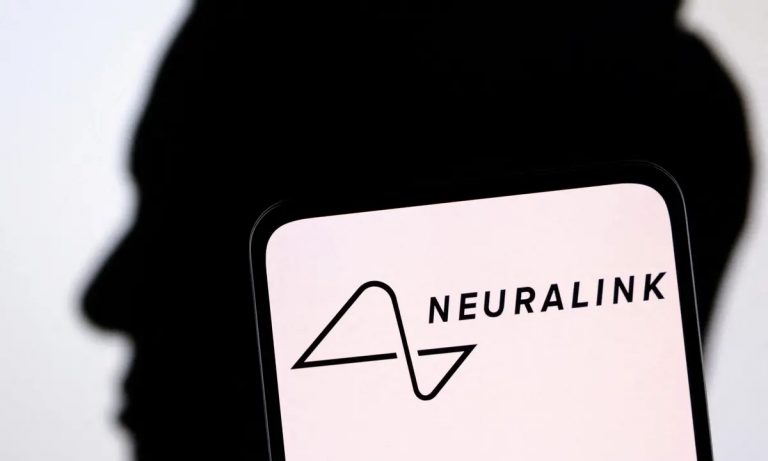
Elon Musk’s brain chip company, Neuralink, has raised $280 million in a series D funding round from investors, to further develop its brain implant technology.
The funding round was led by Founders Fund, a San Francisco-based venture capital firm, that invests in companies building revolutionary technologies.
Following the funds raised, Neuralink took to Twitter to announce it, while expressing excitement about the next chapter.
Register for Tekedia Mini-MBA edition 19 (Feb 9 – May 2, 2026): big discounts for early bird.
Tekedia AI in Business Masterclass opens registrations.
Join Tekedia Capital Syndicate and co-invest in great global startups.
Register for Tekedia AI Lab: From Technical Design to Deployment (next edition begins Jan 24 2026).
We’re happy to announce our $280M Series D round led by @foundersfund. We’re extremely excited about this next chapter at Neuralink.
If you’d like to help make the first human experience incredible and work on engineering challenges to restore vision and mobility, come join!…
— Neuralink (@neuralink) August 7, 2023
Also, a partner at Founders Fund, Scott Nolan, took to Twitter, to announce via a tweet the company’s investment in Nueralink.
Excited to support Neuralink’s next chapter of helping human patients in need.
The team has been working for seven years to make this possible, pulling off technical breakthroughs that feel like science fiction. The chance to work with world-class teams accelerating a positive… https://t.co/y7jmPkcLkh
— Scott Nolan (@ScottNolan) August 7, 2023
The tweet reads,
“Excited to support Neuralink’s next chapter of helping human patients in need. The team has been working for seven years to make this possible, pulling off technical breakthroughs that feel like science fiction. The chance to work with world-class teams accelerating a positive future is why I’m an investor, and even in that category Neuralink is special”.
Although, Neuralink did not specify what it intends to use the funds for, however, the brain chip firm, aims to help people with paralysis or other neurological conditions regain independence by controlling computers and mobile devices using their brain activity.
Founded by Elon Musk in 2016, Neuralink Corporation is a neurotechnology company, with a goal to develop implantable brain-computer interface (BCI) technologies that could enable direct communication between the human brain and external devices such as computers and other digital systems.
The idea behind Neuralink is to create devices that can effectively merge the human brain with artificial intelligence and other technologies.
The company develops an implant called the N1 that comes in at about the size of a coin. Remotely rechargeable, the implant goes along with electrode-laced threads that go further into the brain. Neuralink also has an R1 robot meant to be programmed to implant the BCI system while avoiding vasculature.
One of the primary motivations behind Neuralink’s research is to address neurological disorders and conditions such as paralysis, Alzheimer’s disease, and various forms of brain injuries.
By establishing a direct link between the brain and external devices, it is theorized that these conditions could be treated or managed more effectively.
The development of such technology, however, comes with significant challenges and ethical considerations. Implanting electrodes into the brain raises concerns about the potential risks of surgery, as well as issues related to privacy, security, and the potential for misuse of the technology.
Neuralink has however been the subject of some controversies around testing of its technology on animals.
In 2022, Neuralink and the University of California, Davis, faced accusations of “egregious violations of the Animal Welfare Act by the Physicians Committee for Responsible Medicine (PCRM).
They cited documents obtained through a public records lawsuit. The allegations claimed that Neuralink caused extreme suffering in monkeys.
In May, U.S. Representatives Adam Schiff and Earl Blumenauer co-authored a letter to the U.S. Department of Agriculture demanding an investigation into the panel responsible for overseeing animal testing at Neuralink, citing a conflict of interest.
“The Institutional Animal Care and Use Committee (IACUC) appears to be composed almost exclusively of company employees with significant financial stakes in the very animal studies they are required to evaluate under the Animal Welfare Act,” the letter read.
Neuralink’s primary goal is to develop advanced brain-computer interface (BCD) technology to enable direct communication between the human brain and external devices.
The company envisions a future where these BCIs can be used to address various neurological disorders, enhance cognitive capabilities and facilitate seamless interaction between humans and technology.



